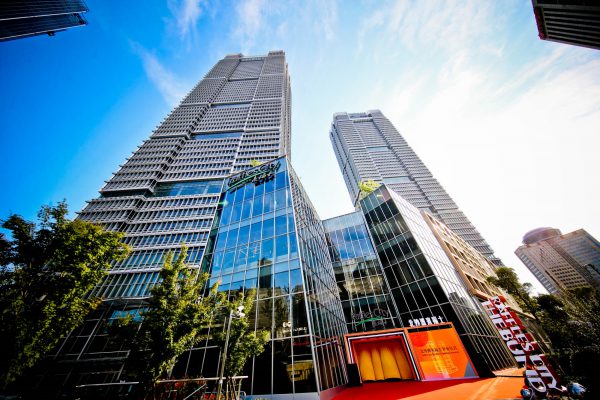SINGAPORE, 21 October 2022: A combination of pent-up demand, a resurgence of cross-border transactions, and a buoyant travel industry will lift Asia Pacific hotel investment to over USD10.7 billion in 2022.
According to analysis in JLL Hotels & Hospitality Group’s Hotel Investment Highlights Asia Pacific 2H 2022, investment volumes are projected to increase by 14% year-on-year as normalcy returns to the market with the resumption of leisure and business travel in the region.

In the first nine months of 2022, hotel transactions in the Asia Pacific totalled USD8.4 billion, a 16% increase year-on-year. Volumes were most substantial in Japan, which reclaimed its position as the region’s most active travel market, logging USD2.3 billion in transactions for the first nine months of the year. Significantly, South Korea reached a historic peak, with year-to-date transactions of USD1.8 billion setting a new benchmark. Investment activity also remained strong in China at US$1.2 billion and in Australia at USD696 million.
Over the nine months, the average price per key rose to USD445,000 from USD331,000 a year earlier. A total of 123 hotel deals were transacted in 2022 year-to-date versus 139 year-on-year in 2021, indicating that larger assets and hospitality platforms are being transacted more this year.
“Hotel investment transitioned from recovery to growth in 2022, led by the surge of tourism and corporate business demand, prompting investors to deploy capital in a big way. Although external headwinds are brewing and the availability of investment-grade assets will remain a challenge, we remain extremely optimistic that the current growth trajectory will stay the course albeit with a more conservative approach to pricing and a fluid economic situation,” says JLL Hotels & Hospitality Group senior managing director, head of investment sales, Asia Pacific Nihat Ercan.
JLL analysis shows some pressure on the industry as institutional capital is outstripping the supply of hotels available for acquisition in Asia Pacific’s markets. According to 120 respondents polled by JLL, 73% of investors are interested in deploying capital in the hotel sector in the next 12 months. As a result, investors are also becoming more creative with using their real estate to maximise their income potential. Despite the pandemic, the alternative accommodation sector has proven to be resilient, and the blurring of real estate sectors is accelerating the growth of alternative accommodations across all regions.
Increasingly, with rising interest rates, access to debt will influence purchasing decisions. JLL’s recent poll of investors reported 74% indicating that their access to debt had remained similar to 2021 levels or deteriorated further, and 63% indicated that borrowing costs had increased. The rising cost debt will likely benefit cash-rich buyers, believes JLL, with high net worth individuals (HNWIs) and family offices playing a more active role in the hotels market for the rest of the year and into 2023.
According to JLL analysis, the Asia Pacific hotels market will continue to draw more investment in 2023. Still, the combination of macroeconomic headwinds and other external factors will ensure a slower growth trajectory. For the full year, investment volumes will likely grow by around 6%, says JLL, to finish 2023 at USD11.5 billion.
“The outlook for the region’s hospitality is robust yet realistic, a fact that will be reinforced by more measured transactional growth in 2023. The hotel industry should be better positioned to adapt to inflationary pressures. While the sector will remain a sound investment, we expect activity to grow slower,” says JLL Hotels & Hospitality Group, Asia Pacific CEO Mike Batchelor.
Read more in JLL’s Hotel Investment Highlights Asia Pacific.






